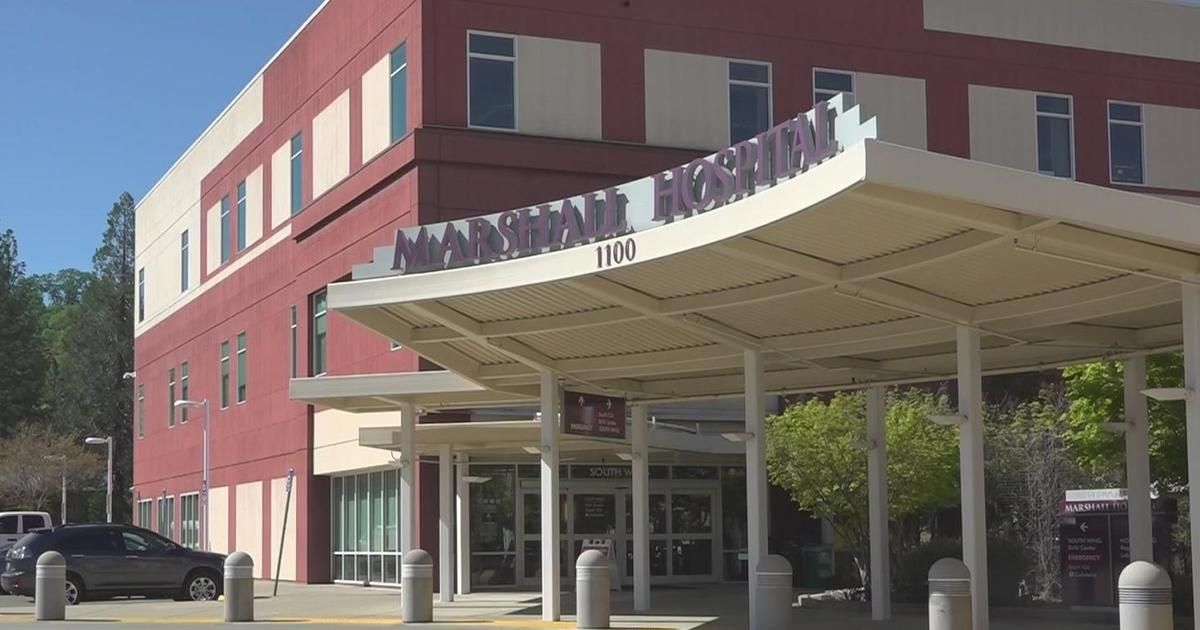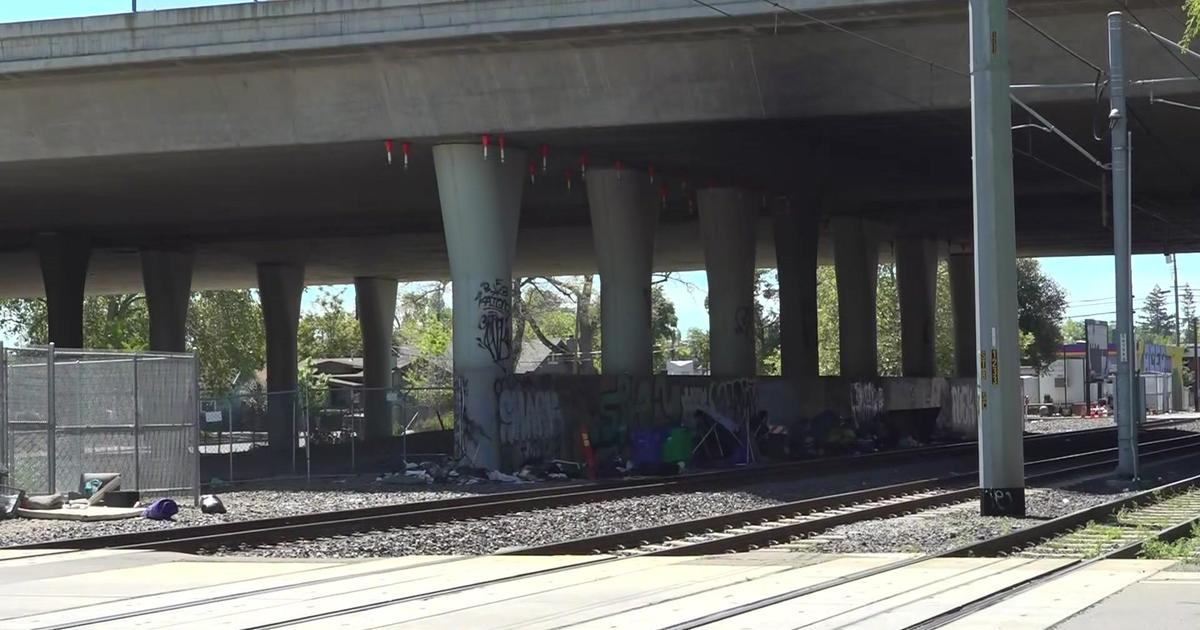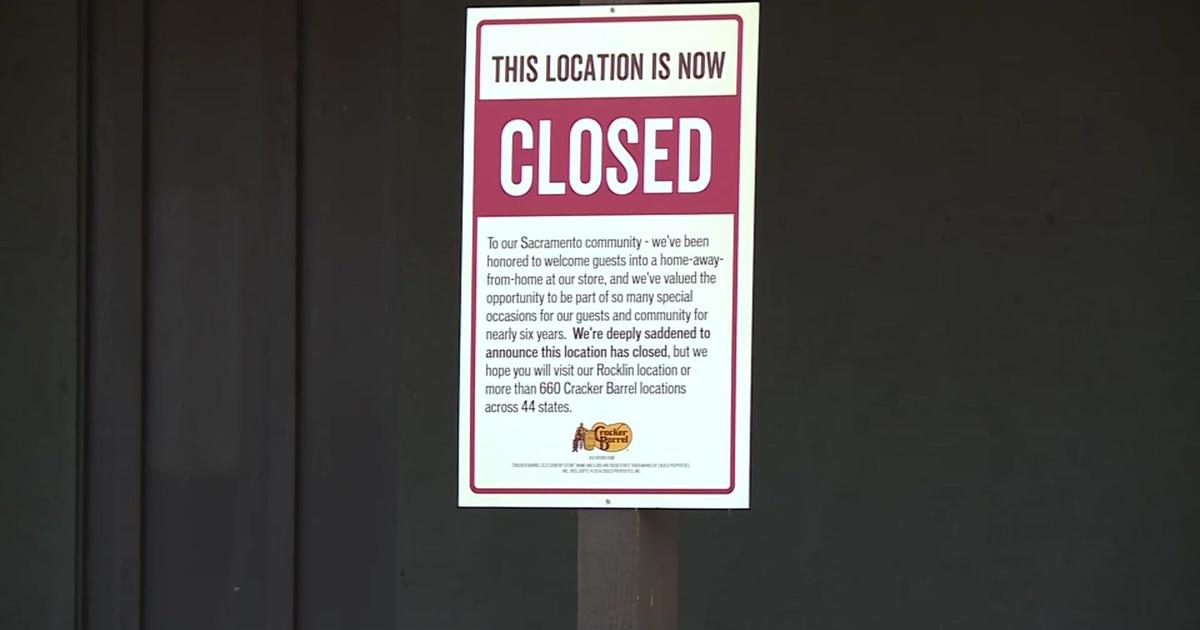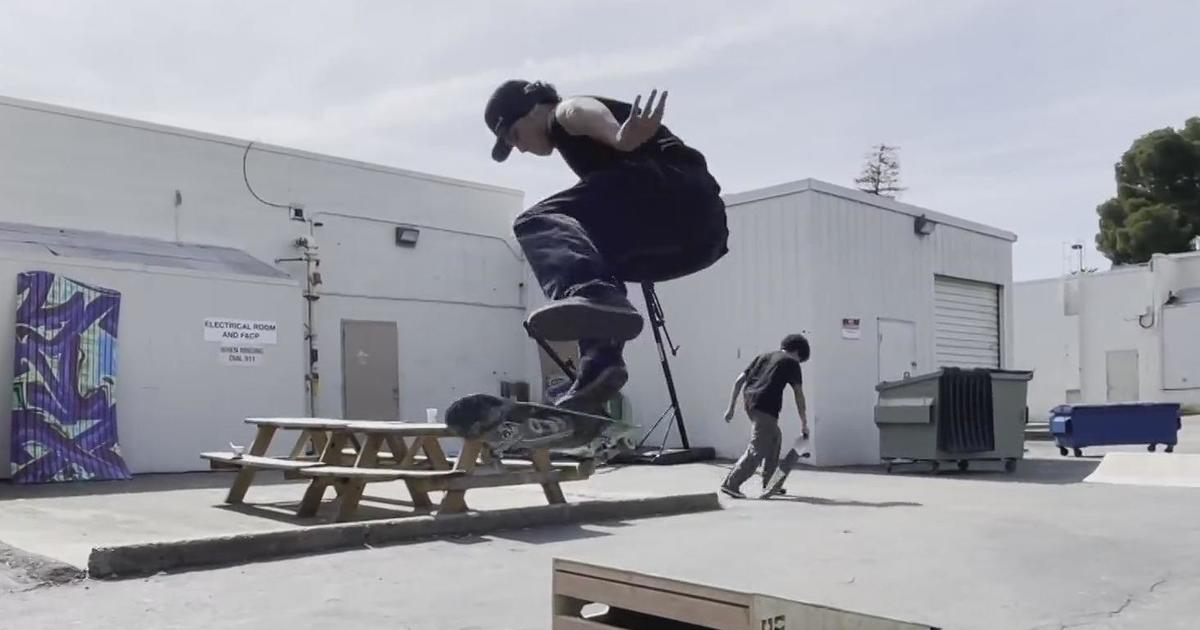When We Go Back To Eating Out, More Of Us Will Pay With Our Phones
(CNN) -- Major restaurant chains are trying to make it easier for customers to get their food without touching anything but their own phones.
It's a trend that started before the pandemic hit and has only accelerated as consumers and restaurants adjust to a new normal, where contact with others is discouraged. Now, restaurants are betting people will want to peruse digital menus instead of physical ones and opt for mobile ordering rather than paying at the register with cash or credit card.
"The handling of cash creates consumer concerns about the spread of viruses," Starbucks CEO Kevin Johnson wrote in an open letter in early May describing the company's plan to reopen. He noted that Starbucks is adding new features to its app to include voice ordering through Siri and more opportunities for rewards. The app already shows which restaurants have mobile order and pickup so that customers can plan their visits and manage expectations before they get to the store.
Johnson predicted that "the mobile app will become the dominant form of payment."
Other chains are encouraging customers to make use of digital apps for ordering and payment when possible.
José Cil, CEO of Restaurant Brands International, which owns Burger King, Popeyes and Tim Hortons, said in May that the company has expanded its mobile order and pay capabilities to help make sure it is "increasingly contactless," and it has made delivery available at hundreds of restaurants that didn't have the option before. Darden, which owns Olive Garden and LongHorn Steakhouse, is asking customers to use mobile pay when available as part of reopening guidelines.
Mobile apps are a boon to restaurant chains. They provide a line of communication with customers, allowing companies to promote products or deals directly, learn about customer's purchasing habits and encourage loyalty with rewards. Plus, people who use apps to order and pay tend to spend more.
Pandemic boost
People stuck at home are turning to pickup and delivery more than they ever have, sending digital sales at restaurant chains through the roof.
At Chipotle, digital orders in the first three months of the year grew 81% to $372 million, "our highest ever quarterly level," Chief Technology Officer Curt Garner told CNN Business in an email. "With dining rooms closed and delivery being the fastest growing part of our digital platform, we saw a limited number of cash payments used over the last two months," he added. During the pandemic, Chipotle is not accepting cash in areas "where local jurisdictions have prohibited cash payments," Garner said.
For companies like Starbucks and Chipotle, mobile orders are a way to speed up the line and serve more people. Plus, people who order digitally usually spend about 20 to 30 percent more, said Peter Saleh, restaurant analyst at BTIG.
They also help those brands gather information about their customers, he said.
"When you get somebody to pay digitally or order digitally, you capture their name and usually their address, their email," Saleh said. "It's easier to market to them because you know when they come in [and] you know how much they typically spend."
A tradeoff for consumers
But some cybersecurity experts caution that consumers should be wary of sharing data with restaurants in exchange for a more convenient way to order. Features such as location tracking could result in more targeted ads, said Brian Vecci, field CTO for the data security company Varonis.
For instance, customers may get an alert for a product promotion as they walk past a restaurant, which could be unsettling, he said.
A few years ago, Burger King let app users unlock a one-cent Whopper promotion when they drove within 600 feet of a McDonald's. It was a way for the chain to poke fun at its rival, while also getting people to use the Burger King app.
And consumers "may not realize the long-term implications," Vecci said. "If a company has long-term location and behavior information for you, they may be able to use that in ways that you simply don't foresee."
People have been wary of mobile ordering in the past, said Nick Bourke, project director of the Pew Charitable Trust's consumer finance teams.
"One of the reasons that mobile payments applications have not grown as quickly as a lot of people in the industry expected is because some consumers just didn't find the value proposition in it," he said. "Credit cards and debit cards and cash were working just fine."
The pandemic might drive some people to finally start paying for things through apps, he noted, explaining that "the ability to have contactless payment or the ability to easily order ahead is a new type of value proposition in the post-Covid world."
An April survey of about 1,000 US consumers performed by fintech company FSIS and Ipsos found that people are already making the shift. About 16% of respondents said they are using less cash now than they did before the pandemic. About 31% said that they plan to use contactless or mobile wallet payments rather than cash or checks moving forward. Altogether, 45% said they are using a mobile wallet to make payments.
The United States isn't about to go cashless anytime soon, though. Not everyone has a bank account, and not everyone who does wants to use a mobile app to make a payment.
Fast food chains especially "don't want to alienate those customers," Saleh said. "I don't think that cash is going away."
When retailers tried to ditch cash in the past, they faced opposition from critics who argued that the policy discriminated against unbanked customers. Cities across the country have introduced legislation banning cashless stores, and some retailers that tried to go completely cash-free have reversed the decision.
The-CNN-Wire
™ & © 2020 Cable News Network, Inc., a WarnerMedia Company. All rights reserved.



